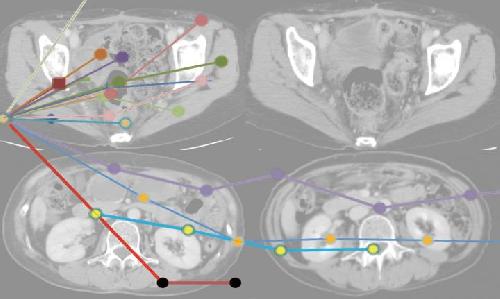Ovarian cancer is the seventh most common cancer among women worldwide, and it often goes undetected until it has spread to other parts of the body. More than 70% of ovarian cancer patients experience relapse; when recurrent cancers become resistant to chemotherapy, they become extremely difficult to treat. But what if patients could make use of their own immune system?
Studies have shown that the body's immune system has the potential to fight many kinds of cancer. However, some cancers have several ways of evading attack from the immune system. The mechanism, called 'cancer immune escape', comes in the form of a pathway mediated by an immune checkpoint known as the PD-1 signal. The PD-1 signal originally has been known to regulate excessive autoimmune responses. This finding has sent many oncologists into an overdrive in their efforts to develop antibodies toward the PD-1 signal for a new cancer treatment.
Nivolumab, an inhibitory antibody for PD-1, has shown efficacy in several types of malignancies including melanoma, kidney cancer, and non-small cell lung cancer.

"Antibodies were already used to treat some other types of cancers, but nothing was effective against ovarian cancer," said lead author Junzo Hamanishi. "We found in a previous study that high expression of the PD-1 ligand, PD-L1, results in a worse disease outcome for ovarian cancer patients. So we thought nivolumab was promising for treating ovarian cancer that became resistant to platinum-based chemotherapy."
In a phase II clinical trial spanning three years, the team injected nivolumab into 20 patients with platinum-resistant ovarian cancer. The patients received treatment every two weeks up to a period of one year or until the disease progressed.
Most of the patients were able to complete the trial with a median overall survival of 20 months. Compared with a previous study on nivolumab, this study showed a much quicker antitumor effect.
This is the first time the safety and efficacy of nivolumab has been demonstrated in patients whose ovarian cancer was non-responsive to other treatments. This was also the first women-only study on the efficacy of PD-1/PD-L1 signal inhibitors, providing valuable insight on the side effects unique to middle-age women who take PD-1 antibodies.
"As a result of this study outcome, medical institutions -- especially in the US -- have become enthusiastic about running clinical trials for ovarian cancer using nivolumab," said senior author Ikuo Konishi. "We hope this treatment will become more accessible in Japan in the near future."





Comments